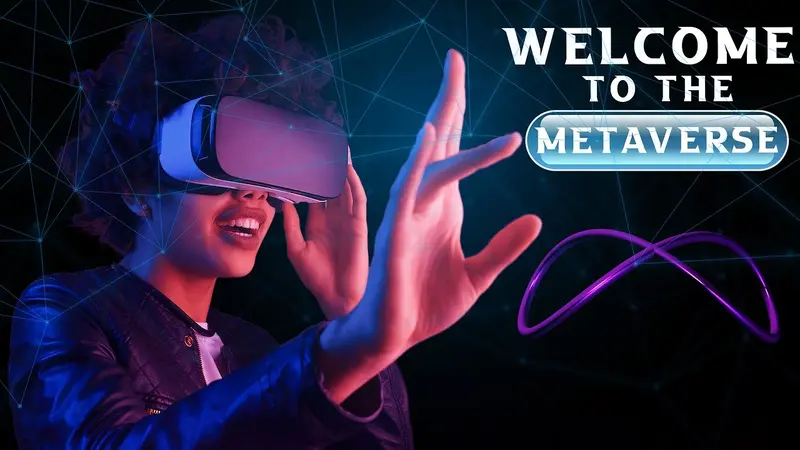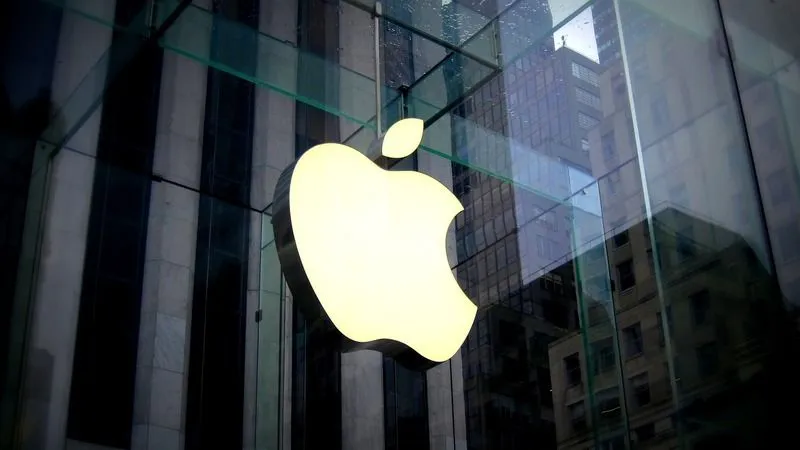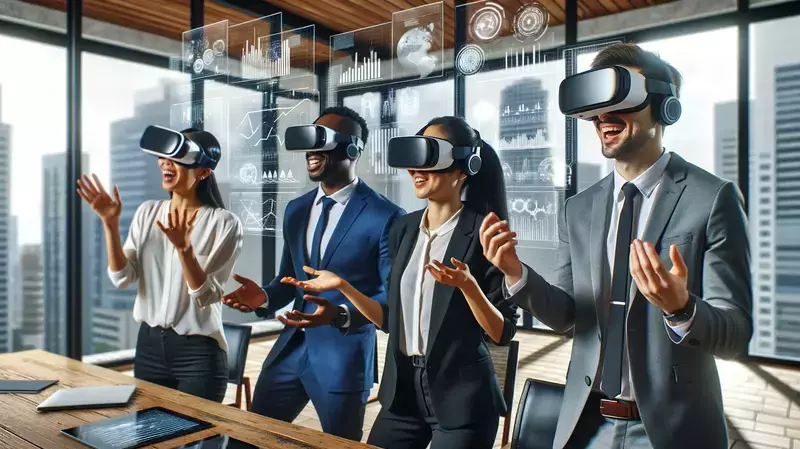This site contains affiliate links to products, and we may receive a commission for purchases made through these links.
Mark Zuckerberg, the CEO of the social media giant Meta, had high hopes for the Metaverse, a virtual reality concept he had invested billions in. However, the metaverse has taken a backseat to the growing hype around artificial intelligence (AI), causing uncertainty about its future.
Apple’s entry into the virtual reality space may hold the key to reviving Zuckerberg’s vision.

The Shifting Focus
In recent times, Meta, formerly known as Facebook, has faced criticism for apparent shifts in focus from the metaverse to AI.
Observers have pointed out the contrast between Mark Zuckerberg’s earlier statements, describing the metaverse as a “high-priority growth area,” and the company’s recent emphasis on advancing AI as its “single largest investment.”
This change in messaging has led to doubts about Meta’s commitment to realizing the metaverse vision.
However, Mark Zuckerberg vehemently denies these claims and maintains that Meta remains dedicated to both AI and the metaverse. He emphasizes that the company has been actively working on both fronts for years and intends to continue doing so.
Building the metaverse is acknowledged as a long-term project, and Meta’s rationale for pursuing it remains unchanged.
Nevertheless, despite these reassurances, doubts persist about the progress and viability of Meta’s metaverse ambitions. The lack of substantial advancements and the difficulty in clearly defining what the metaverse entails have contributed to the perception that Meta’s metaverse vision is losing momentum.
The Elusive Definition of the Metaverse
One of the challenges surrounding the metaverse is defining its scope and features. Meta’s former UK deputy prime minister and current president of global affairs, Nick Clegg, described the metaverse as a logical evolution and a more immersive, 3D experience.
However, the concept remains somewhat vague, encompassing virtual reality (VR) and augmented reality (AR) technologies that have been in use for some time. Early versions of the metaverse can already be seen in popular virtual worlds like Roblox, Minecraft, and Fortnite.
Such an expansive definition of the metaverse, which includes activities like using avatars or accessing metaverse spaces on smartphones, helps Meta avoid criticism that their promised vision is no closer to fruition.
However, it also makes it challenging to pin down the exact nature and boundaries of the metaverse.
The Potential Economic Impact
Meta has commissioned research exploring its potential economic impact to bolster the metaverse’s prospects.
A recent Deloitte report suggested that the metaverse could contribute significantly to the UK’s GDP, estimating a range between £40 billion and £75 billion by 2035.
The report argues that the metaverse could create new markets, business models, skills development, and better ways of working.
It even extends its definition to include the cryptocurrency space as a side benefit.
The potential benefits of the metaverse are not limited to specific industries. It could transform various sectors such as education, healthcare, industry, live entertainment, and office jobs.
For example, the metaverse could revolutionize classroom settings, allowing students to participate remotely and avoiding the costs of physical relocation.
This could be particularly beneficial for international students attending UK universities.
Meta’s Challenges and the Role of Video Games
Despite Meta’s extensive investments and efforts, progress in realizing the metaverse vision has been limited. The company’s reality labs unit, responsible for virtual reality and augmented reality research, incurred significant losses of $13.7 billion in the last year alone.
Shareholders are growing increasingly concerned, and questions about the feasibility and profitability of the metaverse project are being raised.
Interestingly, the only area where Meta has seen tangible success with the underlying technology is video games. Meta’s Quest 2 VR headset, a market leader, enables users to play popular VR games such as Beat Saber and Supernatural.
However, even within gaming, Meta faces competition from other platforms like Valve Index and PlayStation VR2.
Apple’s Potential Game-Changer

As doubts surround Meta’s metaverse ambitions, all eyes are on Apple and its revolutionary potential to shape the metaverse landscape.
With its strong track record of creating seamless and user-friendly products, Apple has the potential to be a game-changer in the metaverse industry.
Rumors have been circulating about Apple’s interest in the metaverse, and industry insiders speculate that the tech giant is quietly developing its own metaverse-related technologies.
Apple’s expertise in augmented reality, demonstrated by the success of its ARKit platform and the widespread adoption of AR apps on iOS devices, positions the company well to make a significant impact in the metaverse space.
Apple’s approach to the metaverse could differ from Meta’s. While Meta has focused on immersive virtual reality experiences, Apple might lean towards augmented reality, which overlays digital content onto the real world.
This aligns with Apple’s emphasis on blending technology seamlessly into users’ everyday lives.
By leveraging its ecosystem of devices, including iPhones, iPads, and Apple Glasses (rumored to be in development), Apple could provide a more accessible and integrated metaverse experience.
Another advantage that Apple holds is its strong developer community. With a vast network of skilled developers and an established App Store infrastructure, Apple has the potential to attract and support the creation of innovative metaverse applications.
Apple could foster a thriving ecosystem of metaverse experiences that cater to a wide range of interests and industries by providing powerful tools, frameworks, and guidelines.
Moreover, Apple’s commitment to privacy and data security could address users’ concerns about entering the metaverse. With its strict privacy policies and strong encryption practices, Apple has built a reputation for safeguarding user data.
This could be a significant selling point for users who value their privacy in the metaverse environment.
However, challenges lie ahead for Apple as well. The metaverse is a complex and rapidly evolving domain, and creating a seamless, interconnected, and immersive experience is no small feat.
Apple will need to navigate the technical, social, and ethical considerations associated with the metaverse, ensuring that its offerings meet the needs and expectations of users while maintaining a responsible and inclusive environment.
Additionally, competition in the metaverse space is intensifying. Tech giants like Meta, Microsoft, and Google are all vying for dominance, each bringing their unique strengths and capabilities.
Apple must differentiate itself by offering compelling features, an intuitive user experience, and a robust ecosystem that attracts developers and users alike.
As the metaverse landscape continues to evolve, the rivalry between Meta and Apple will undoubtedly shape the direction and trajectory of this emerging industry.
While Meta’s commitment to the metaverse remains steadfast, Apple’s entry into the field brings a fresh perspective and potential innovations that could accelerate the realization of a fully-fledged metaverse.
Final Thoughts
Only time will tell how the metaverse unfolds and which company emerges as the leader in this new digital frontier.
In the end, it may not be a matter of Meta versus Apple but rather a collaborative effort among multiple stakeholders to create a metaverse that revolutionizes how we interact, work, and play in the digital realm.

Espen
Espen is the Director of PursuitMeta and has written extensively about Virtual Reality and VR Headsets for years. He is a consumer product expert and has personally tested VR Headsets for the last decade.




Leave a Reply